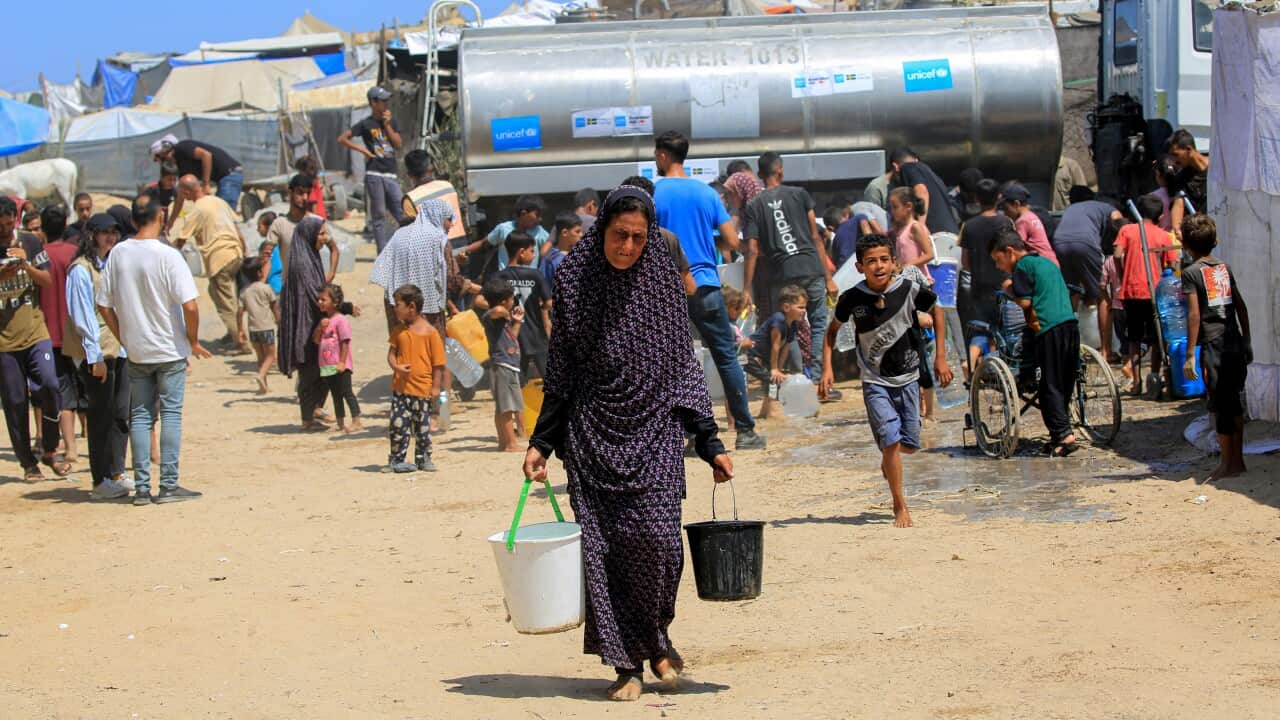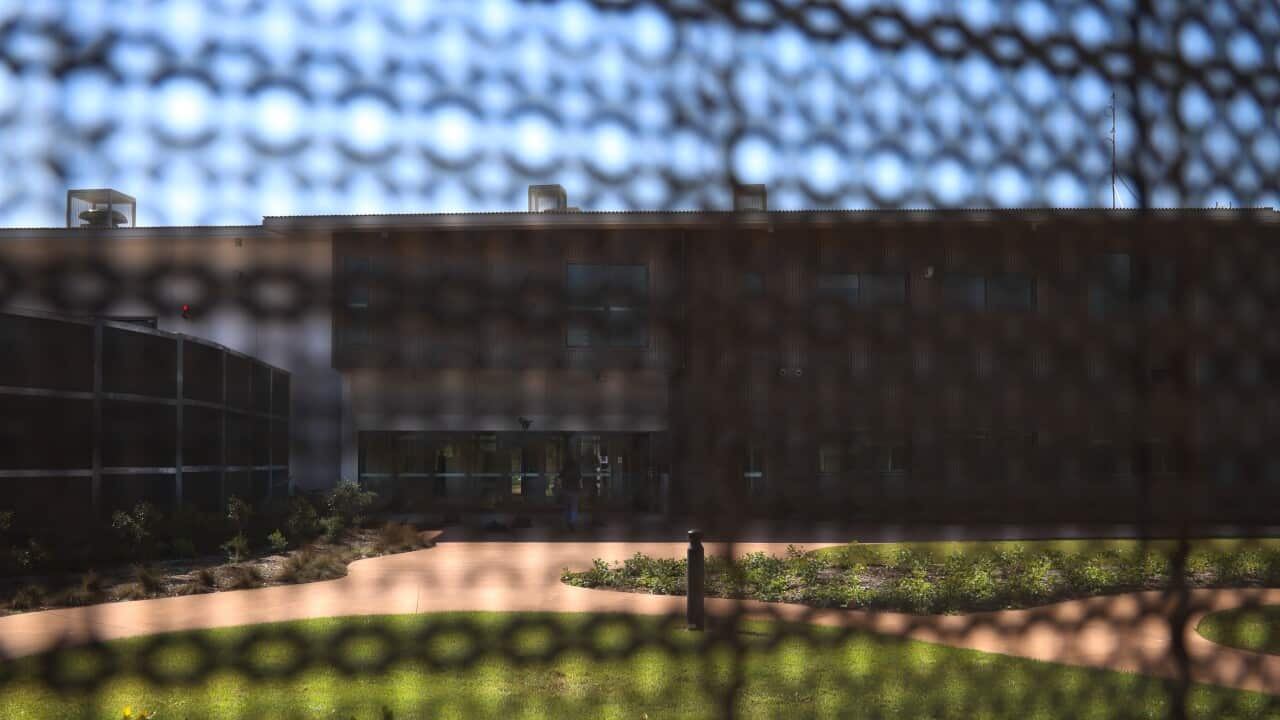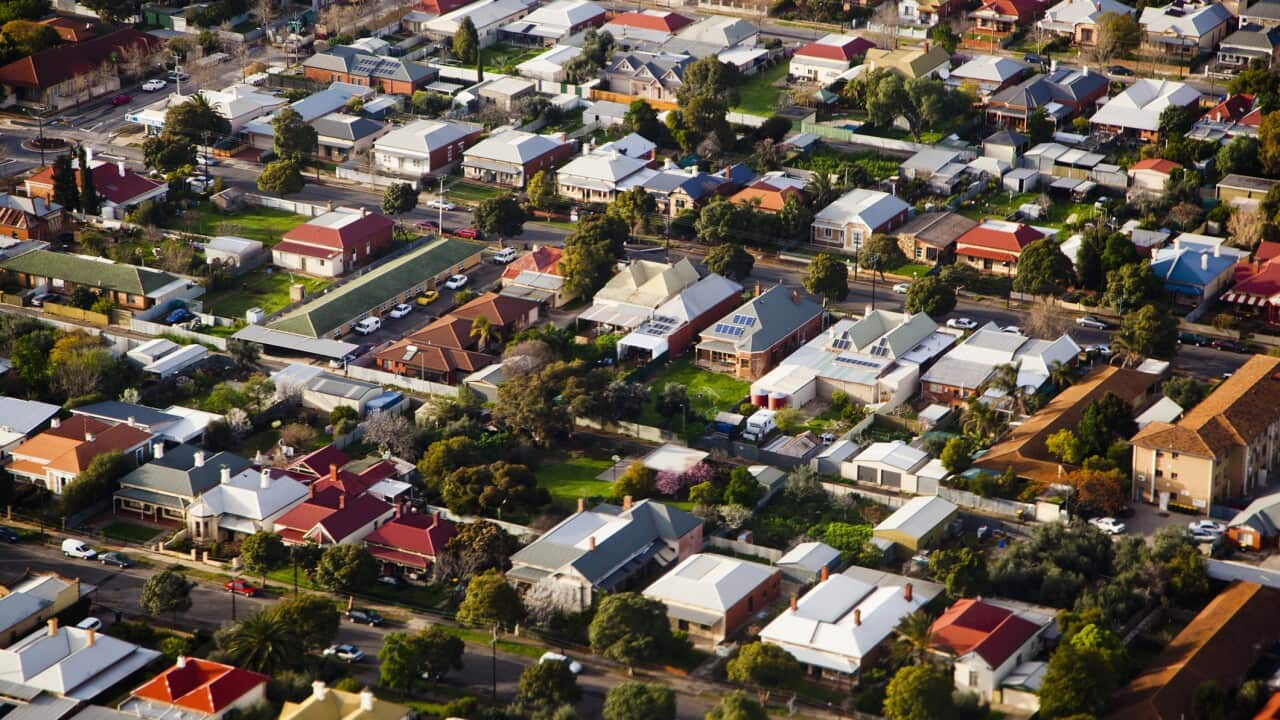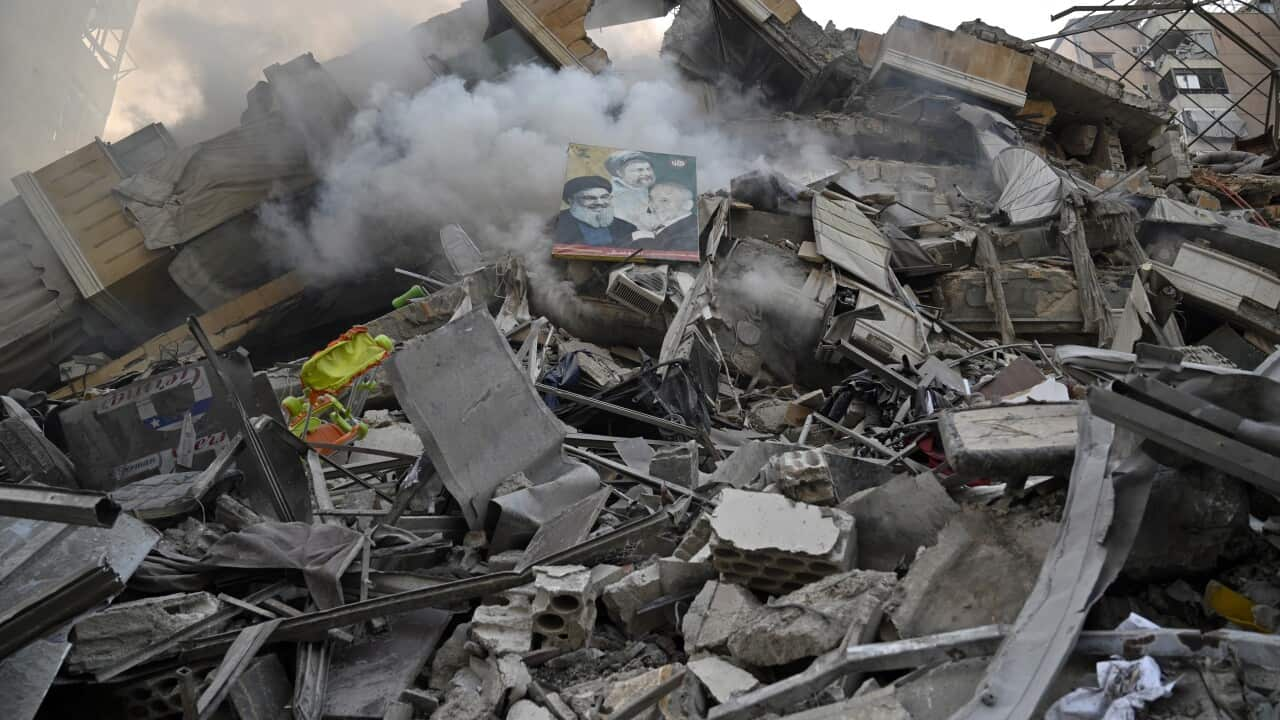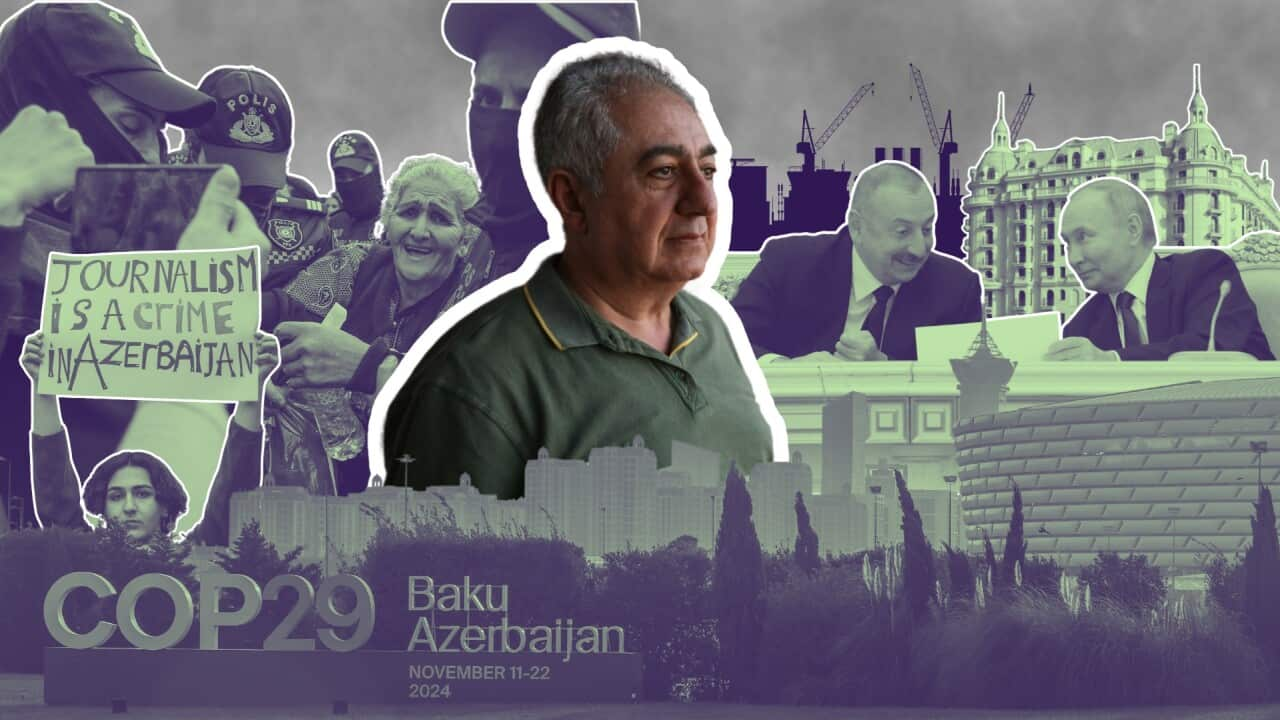Australia has backed a United Nations resolution to recognise the “permanent sovereignty” of the Palestinian people for the first time in two decades.
Key Labor ministers have said the vote was an important step towards a two-state solution, adding the best way to move forward was with “like-minded countries”.
But the Opposition and Jewish groups have condemned the actions, saying it puts Australia’s relationship with the United States and Israel at risk.
Here’s what you need to know about the latest UN vote.
What was the vote about?
The UN committee vote on Thursday found Australia , including the UK, New Zealand, France, Germany and Japan, who voted on a resolution to recognise the “permanent sovereignty of the Palestinian people in the Occupied Palestinian Territory, including East Jerusalem, and of the Arab population in the occupied Syrian Golan over their natural resources”.
Seven voted against the resolution, including the United States, Canada and Israel. Eleven abstained.
Australia has constantly abstained from voting or voted against the proposal since 2003, according to the Australia/Israel & Jewish Affairs Council.
The UN General Assembly will now be asked to consider the draft resolution.
The resolution calls on the UN to recognise the “permanent sovereignty” of Palestinians to natural resources in the occupied territories.
It demands Israel to stop confiscating Palestinians’ homes and farms and to stop destroying key infrastructure like water, sewerage pipelines and electricity networks.
A second draft resolution called for Israel to assume responsibility and pay compensation to Lebanon and other affected nations for an oil spill in 2006 resulting from an Israeli strike on oil storage tanks.
Foreign Minister Penny Wong said the vote reflected “international concern” about Israeli actions. Source: AAP / Mick Tsikas
A spokesperson for Foreign Minister Penny Wong said the departure in position was because of .
“While Australia does not agree with everything in the resolution, this vote reflects international concern about Israeli actions that impede access to natural resources, and ongoing settlement activity, land dispossession, demolitions and settler violence against Palestinians,” Wong’s spokesperson said.
The spokesperson said such acts worked to “undermine stability and prospects for a two-state solution”.
“This resolution importantly recalls UN security council resolutions that reaffirm the importance of a two-state solution that has had bipartisan support.”
Australia maintains that final status issues, including borders, security, and Jerusalem, must be resolved as part of negotiations toward a two-state solution.
What has the reaction been?
There’s been a varied response to the vote.
Minister for Education Jason Clare said the vote was a step towards a two-state solution.
“The bombing has killed tens of thousands of people in Gaza, in Lebanon, more than a thousand people murdered in Israel as well,” he said.
“What this is about is building momentum to a two-state solution. We need to end the killing and start the talking.
“This is a vote by more than 150 countries to build momentum, to build two countries behind secure borders where people can live in peace, rather than what we see at the moment.”
Murray Watt, Minister for Employment and Workplace Relations, said the best way to move forward was by working with countries with aligned goals.
“The reality is that no country acting on its own, whether it be Australia or anyone else, is able to influence what is going on there. So we think the best way of trying to drive forward with peace … is by working with other like-minded countries,” he said.
“It may not be that we agree with every single word in that resolution, but when you’ve got 150 other countries moving, we think that is the best way to achieve change as well.”
The Australia Palestine Advocacy Network (APAN) said the vote was “long overdue”.
APAN president Nasser Mashni said: “Australia’s support marks an acknowledgement of the catastrophic impact of Israel’s relentless appropriation and destruction of Palestinian resources and sends a clear signal that the world is demanding accountability for these injustices.”
“This vote should be a turning point for the Australian government — it must recognise and act upon its legal obligation to use all economic, political and diplomatic tools at its disposal to help end Israel’s genocide, illegal occupation, and apartheid in Palestine.”
Concerns of impact to US relationship
But the vote has also prompted worry amongst some, especially in how it may impact Australia’s relationship with the US, its key ally.
Deputy Liberal leader Sussan Ley criticised Labor for breaking ranks with the US at the UN, which Australia has done previously under the Albanese government.
Opposition Foreign Minister Simon Birmingham also said the vote was “concerning”.
Jewish groups have also condemned the government’s support of the resolution, saying it constituted an abandonment of Israel as it fought an existential war against Iran and militant groups like Hamas.
“This decision, once again, puts Australia out of step with key allies, including the United States and Canada,” Jeremy Leibler, president of the Zionist Federation of Australia, said.
Executive Council of Australian Jewry co-chief executive Alex Ryvchin said the change in voting behaviour showed the “widening gulf between the US and Australian positions regarding Israel and the Palestinians”.
“This shift in voting won’t change much in Israel, where the nation is concerned with Hamas and Hezbollah and hostages rather than the judgements passed by our government. But it will be noticed in Washington and certainly by Australians with a connection to the conflict, which may well be the point.”
With additional reporting by the Australian Associated Press.


